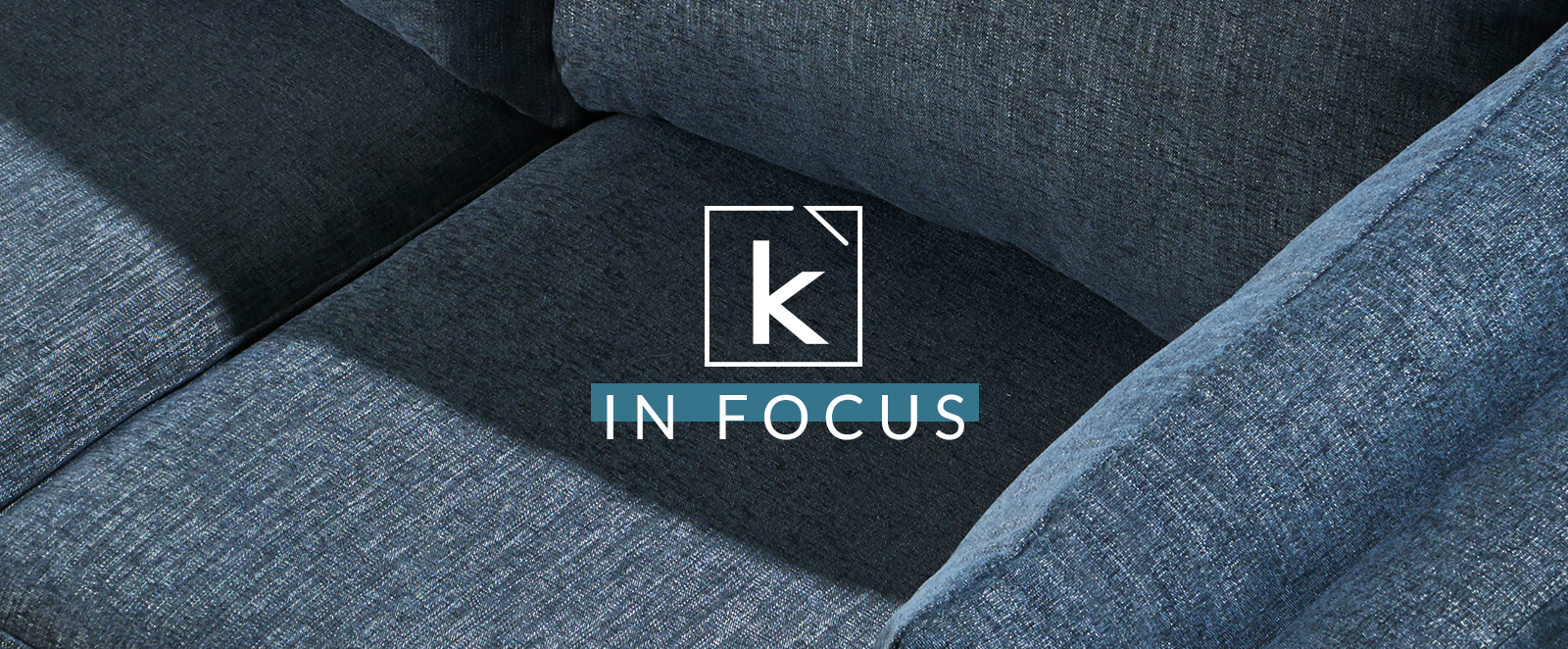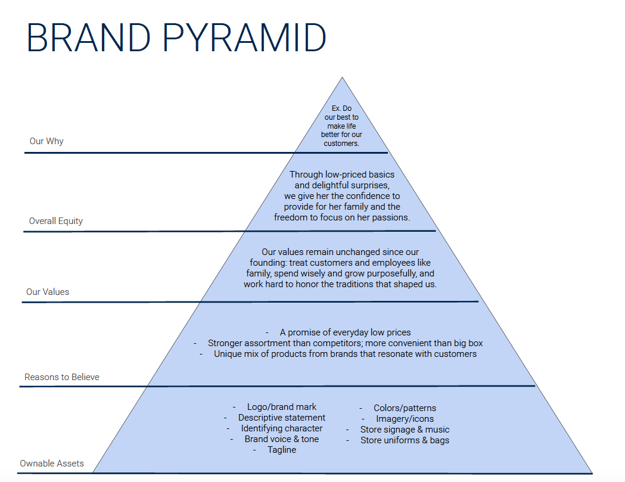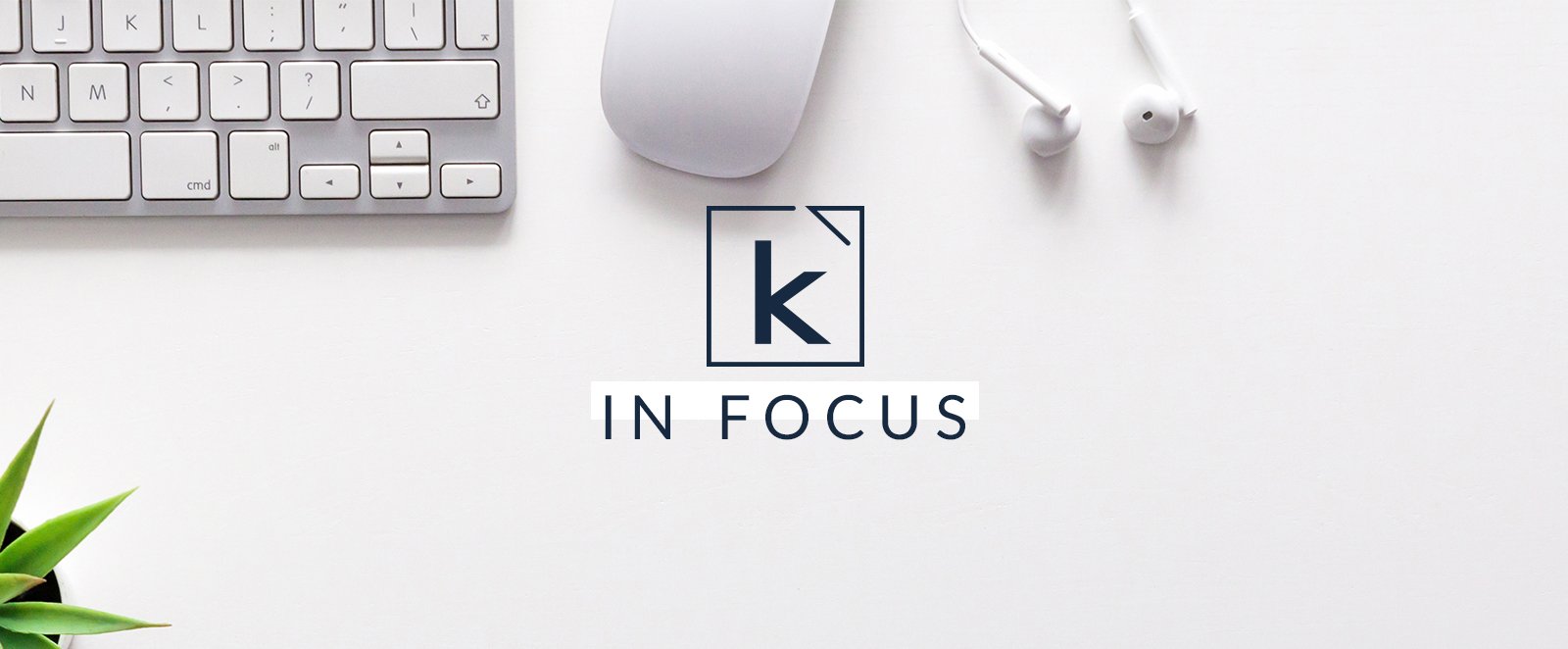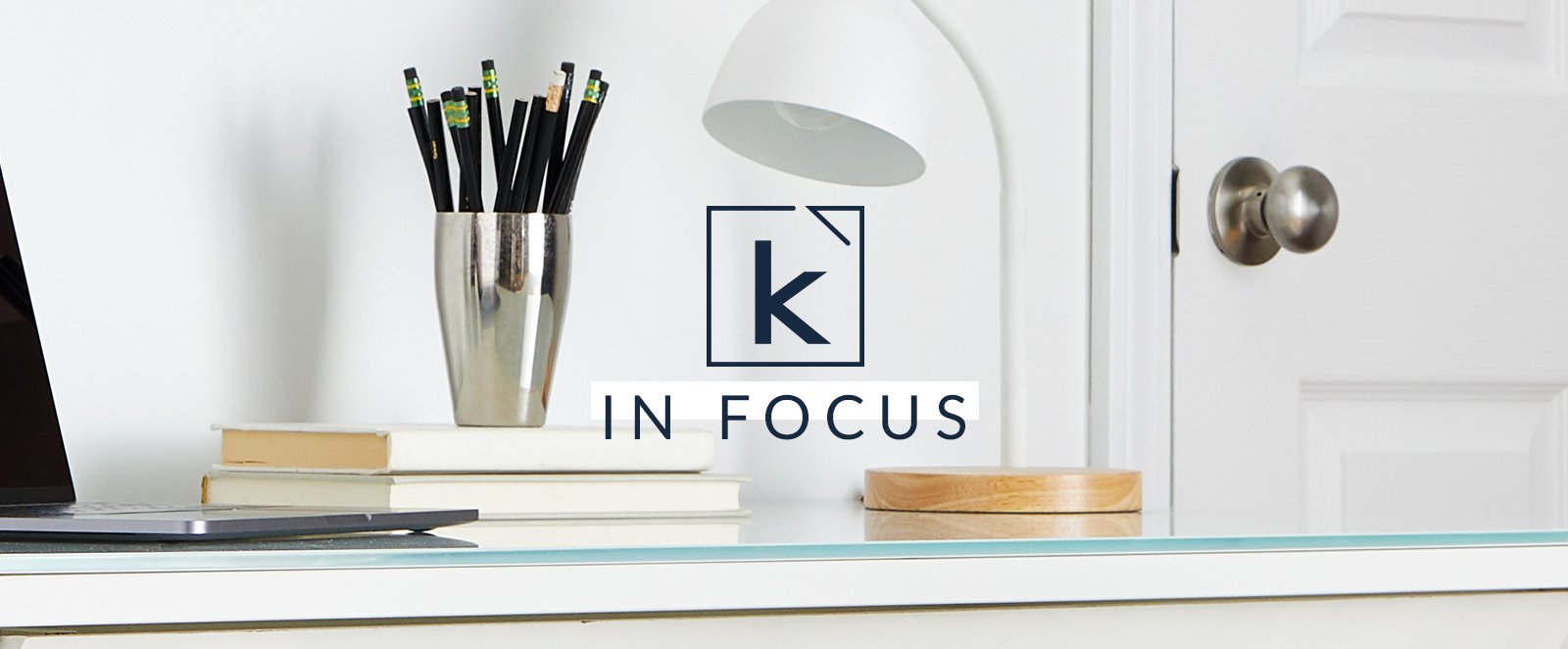
In those first unsettling weeks of the pandemic lockdown, feel-good commercials from brands like Ford, Johnson & Johnson, and Charmin may have brought tears to your eyes. All the hashtags, “in it together-ness,” and sensitivity had us feeling some kind of way.
Now—although the crisis is far from over—we’re sort of jaded, and we realize Ford is still trying to sell us cars, albeit a bit more gently than usual. Ad-industry friends joke about the overuse of words like “unprecedented situation” and “challenging times.” But deep down, we’re still taking comfort in hearing from the brands that define American life.
The big question is: do we believe what they’re saying?
Brand trust goes way beyond product performance
Giant corporate brands generally have their values down-pat. Consider Subaru: their refrain “Love. It’s what makes a Subaru, a Subaru” is so well known my 8-year-old can quote it. It’s reinforced everywhere, from the brand’s charitable endeavors to its reputation for 5-star safety. So when the folks at Subaru start talking about love in the time of COVID (sorry, I had to), it’s not hard to believe them.
But all those heretofore-unheard-of companies on social media hawking face masks? Yuck. You weren’t even on my radar, and now you want to sell me a product that requires I have faith in its quality and effectiveness? It’s predatory, somewhat unscrupulous, and—thankfully—temporary. FaceMasksRUs.com is not going to be around when all this is over, but we can still learn some important lessons from the advertising hitting consumers’ feeds and streaming services right now.
"If companies react in superficial ways, industry insiders say, they do so at their own peril." —Time Magazine
Actions speak louder than words, and they always have.
How solid is your brand pyramid?
The elements of a brand pyramid vary depending on business and industry, but all are designed to do one thing: act as the framework of fundamentals that keep an organization headed in the right direction. A good brand pyramid is a filter through which all company activity is run, from the kinds of products manufactured to the language CSRs use in the call center.
In short, it’s supposed to keep brands from screwing up—and it’s more important than ever when a crisis hits.
Brand pyramids are the result of hours (sometimes months or years) of vision work completed by a company’s key stakeholders. They’re often influenced by customer insights, and they can evolve over time—though if you abandon your brand pyramid entirely in favor of a new one, you’re probably creating a whole new company. Here’s one example we completed for a retailer (modified to protect its privacy):

It may look simple, but we all know simple is not easy. You can see how much each layer matters, and how they all ladder back to the all-important “Why” at the top.
My point? If you’ve decided to sell $8 craft hand sanitizer now that demand has exceeded supply of the $3 stuff, ask yourself why. Does the answer align with your brand pyramid?
If it does, then by all means, sell artisanal hand sanitizer. If it doesn’t, you just look opportunistic—and there’s a 100% chance that there’s a better way for you to help the world, right now, that’s more closely in tune with what your brand stands for.
“At this moment of deepest global crisis, the public wants brands to step up, keep us safe, guide us and help us.” —Edelman, Trust Barometer Special Report: Brand Trust and the Coronavirus Pandemic
So, who is living up to their brand values?
Almost every brand has had some response to the pandemic—a few good, others utterly tone deaf. Here are a couple of our favorites.
Highlights for Children has always been admirable, but now more than ever its content feels especially tender and hopeful. In an email to subscribers, they introduced “Highlights at Home,” a video and web series focused on remote learning (and relief for parents!). It was a quick pivot to sweet, specialized content that asked nothing more of us than to watch with our kids.
Another example? Ten Percent Happier is a mindfulness meditation app co-founded by ABC news anchor and author Dan Harris. Since the beginning of the outbreak, the company has used its social channels to offer special “Coronavirus Sanity” and daily meditations for stress and anxiety, free group guided meditations, and timely podcasts with reassuring experts—plus free app access for healthcare and essential workers. It’s exactly the kind of response one expects from a company with a mission to ease the mental load of millions of Americans—and one that offers genuine value, just as Highlights has.
There will be a million lessons from this massive societal moment, but one of the most important for our industry is that right now—and maybe forever more—the best advertising is not really advertising at all. It’s just doing the right thing, and not expecting anything in return.
That is how trust is earned, and kept.



